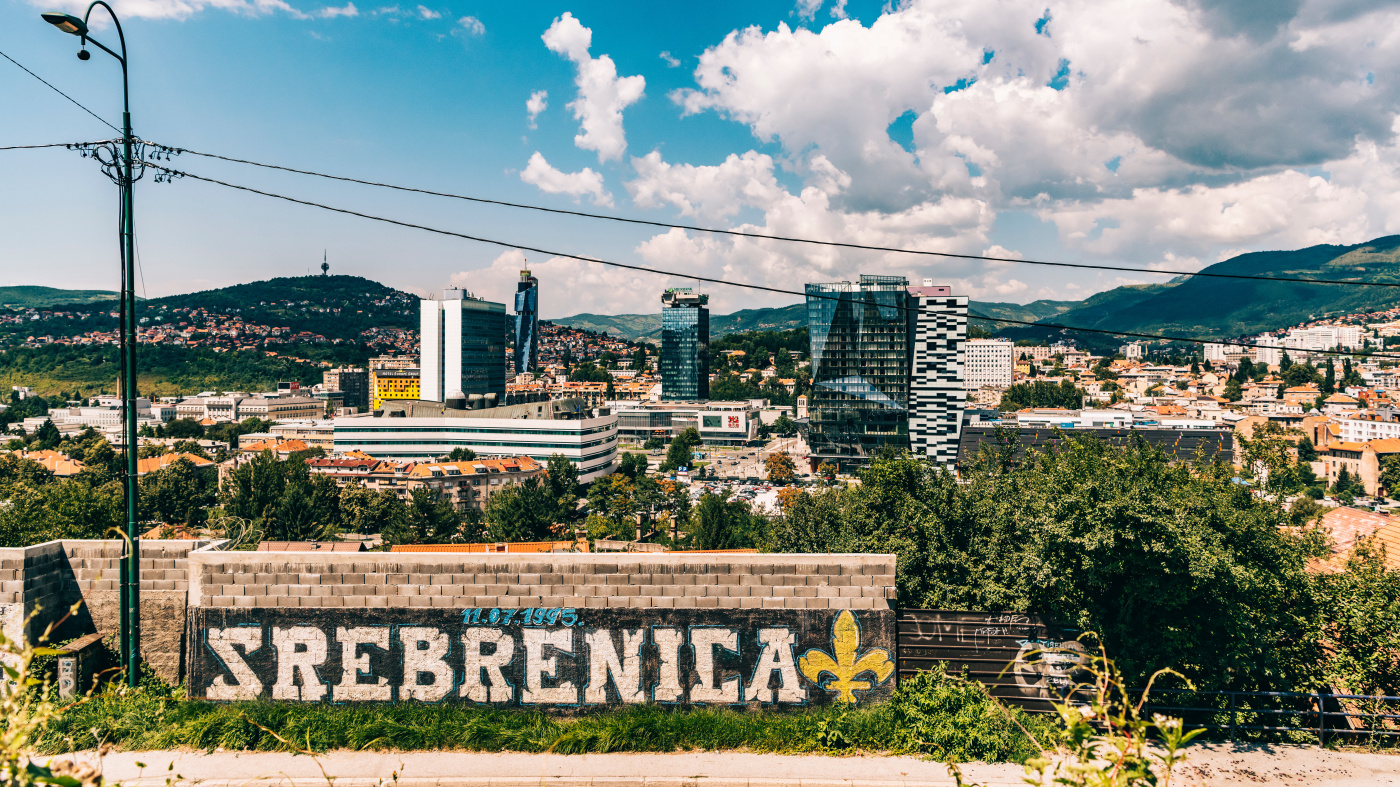Why we do the work we do
19 April 2024

Written by Jonathan, SCIAF Emergencies Officer
The recent murder in Gaza of seven aid workers from the World Food Kitchen - three of whom were British - has brought into sharp focus the astonishing level of violence being perpetuated upon innocents with seeming impunity, whether dancing in the desert, tending their flock in Hebron or delivering food to families on the edge of famine. And all just over 200 miles from the edge of the European Union.
Here at SCIAF we are not immune from these tragedies.
In both Gaza and Ukraine, our partner agencies staff have been killed while undertaking their duties, working against a backdrop of serving their families and communities. We ask the impossible of our colleagues, who achieve the impossible.
Here in Glasgow, I often have conflicted thoughts about our impact and feelings of powerlessness in the face of utter carnage. Although our working lives did not overlap, my colleague Lorraine and myself, recently realised we had almost 60 years of international humanitarian and development experience between us with Government, UN and NGO programs, including times in the Gaza strip and West Bank.
Working in the Integral Human Development Department of SCIAF, we responded, and still are, to the displacement, death and degradation that followed the Russian invasion of Ukraine, feeling at some level that a new low had been reached. Thirty years on from the Rwandan genocide and the massacres of Srebrenica, countries in which SCIAF, and its Caritas partners continue to work in to this day, in pursuit of justice and peace.
While I have never before been so pessimistic about the prospects of peace for the region, Lorraine reminds me of the optimism and power of faith, compassion and action. The patience, pragmatism and practical application that has served me well in my professional life is complemented by the deeply spiritual and humane outlook that Lorraine uses as her guide.
The scars of Srebrenica, Bosnia, where I started my working life 30 years ago, still remain, and the region still suffers from instability.
In these dark times there remains the need for all those of good faith to raise their voice in support of the voiceless, the vast majority of the region whose only desire is for peace, justice and the opportunity to thrive.